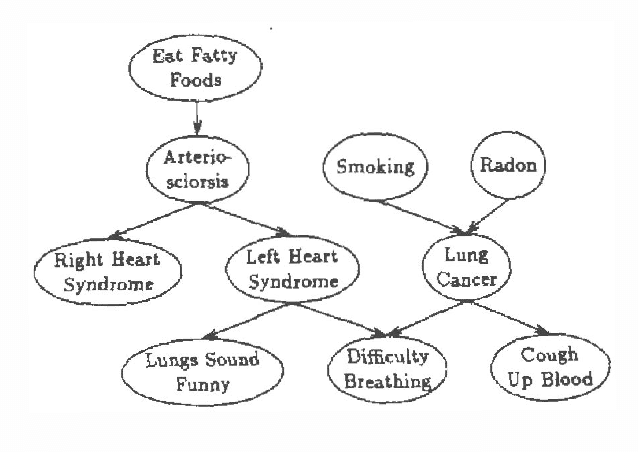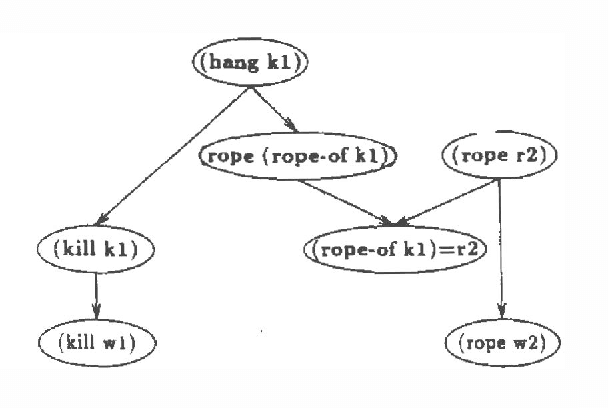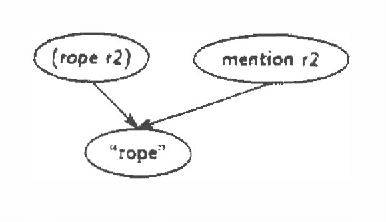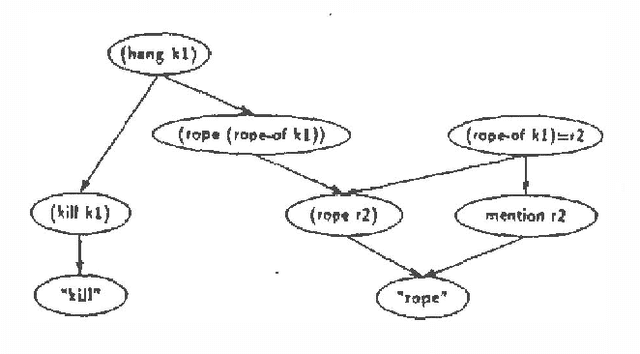Plan Recognition in Stories and in Life
Paper and Code
Mar 27, 2013



Plan recognition does not work the same way in stories and in "real life" (people tend to jump to conclusions more in stories). We present a theory of this, for the particular case of how objects in stories (or in life) influence plan recognition decisions. We provide a Bayesian network formalization of a simple first-order theory of plans, and show how a particular network parameter seems to govern the difference between "life-like" and "story-like" response. We then show why this parameter would be influenced (in the desired way) by a model of speaker (or author) topic selection which assumes that facts in stories are typically "relevant".
* Appears in Proceedings of the Fifth Conference on Uncertainty in
Artificial Intelligence (UAI1989)
 Add to Chrome
Add to Chrome Add to Firefox
Add to Firefox Add to Edge
Add to Edge